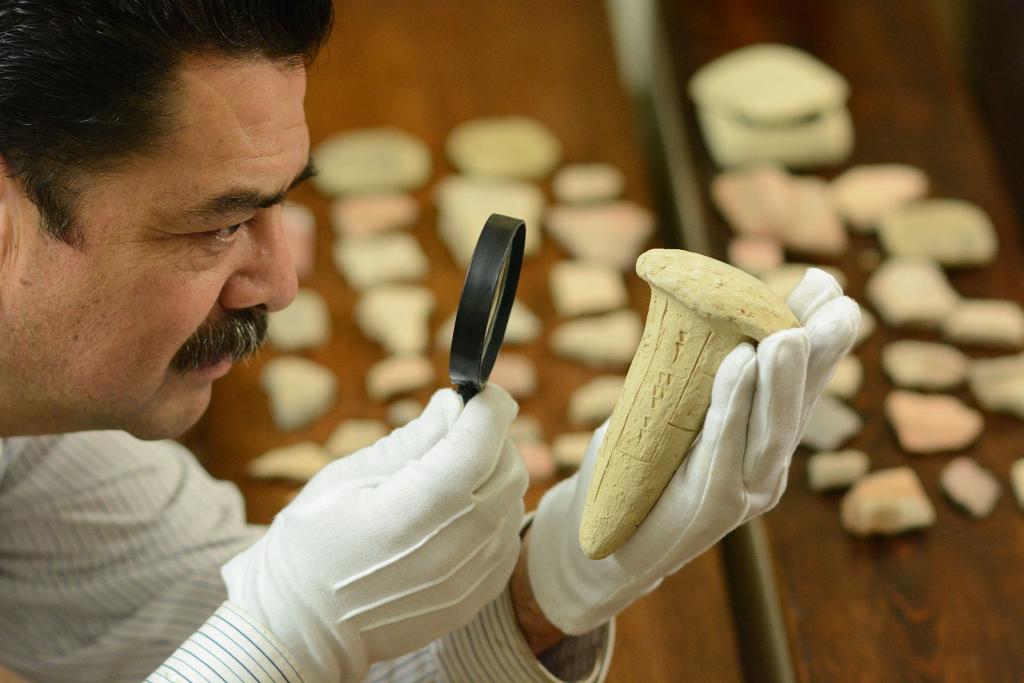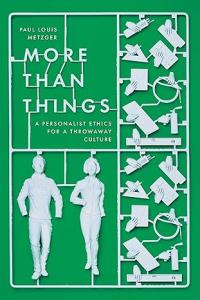
This post reflects upon the importance of “excavating” the person in a throwaway culture.
What Is Required in “Excavating” a Civilization’s Artifacts?
I recently spoke on the subject of “Excavating the Person in a Throwaway Culture” at Bushnell University in Eugene, Oregon. One of the questions I asked is: What is required in “excavating” a civilization’s artifacts? Many things, including care, curiosity, and calm endurance or patience.
How Much More Important Is It to Excavate Living Human Persons?
If this is true in the case of things, how much more important is it when trying to excavate or unearth living human persons? I am referring here to how we so easily bury one another under reductionist perceptions and configurations, including simplistic stereotypes, predominant focus on demographics, base drives, and the like.
David Brooks put the matter this way in a New York Times opinion piece several years ago:
“Our culture does a pretty good job of ignoring the uniqueness and depth of each person. Pollsters see in terms of broad demographic groups. Big data counts people as if it were counting apples. At the extreme, evolutionary psychology reduces people to biological drives, capitalism reduces people to economic self-interest, modern Marxism to their class position and multiculturalism to their racial one. Consumerism treats people as mere selves—as shallow creatures concerned merely with the experience of pleasure and the acquisition of stuff.” (David Brooks, “Personalism: The Philosophy We Need,” New York Times, June 14, 2018)
Martin Luther King, Jr. and John Paul II were leading personalists who addressed these and similar concerns and sought to help us move from a culture of things to a culture of persons.
What Is a Throwaway Culture?
When we view people in such shallow terms, it is very easy to throw them away in one way or another. I define “throwaway culture” in the following terms: “A throwaway culture entails such mindsets and actions as treating fellow humans and creation as a whole as mere means to one’s own ends, including cheapening others as gadgets and tools to use or stuff to buy and sell and then discard when they no longer appear valuable.” Pope Francis addressed the subject of a throwaway culture many years ago, including in his papal encyclical Laudato Si’.
In my book, More Than Things: A Personalist Ethics for a Throwaway Culture, I address how this throwaway ideology and impulse plays out in a variety of spheres, specifically abortion and Down Syndrome, genetic engineering, sexual expression, gender, the end-of-life, race, immigration, drone warfare, the environment, and space exploration. I also reflect at length on how to excavate the human person and life as a whole in these domains.
What is involved in excavating human persons?
If we are to counter the prevailing reductionist orientation in society, it will entail learning the skills of how to excavate life. Since it takes incredible care, curiosity, and calm endurance or patience to excavate an ancient society’s artifacts, just think how much more care, curiosity, and calm endurance it will require of us to excavate another human buried under reductionist perceptions and configurations, including simplistic stereotypes, predominant focus on demographics, base drives, and the like!
Such excavation work will also require complexifying and expanding our understanding and appreciation for what a human person is. From my vantage point, defining a human person entails the following considerations: ensouled embodiment, self-consciousness, individual agency, intersubjectivity and relationality (divine, human, cosmic), irreducibility (and emergence), unfathomability, unrepeatability, inviolability, and inherent dignity.
In future posts, I will reflect more on what we must do to excavate the fundamental value of human persons and life as a whole.
*******
The course at Seminary Now based on my book More Than Things (IVP Academic, 2023) is on sale! Browse their catalog and preview the trailer video. Use the code MARCH50 to save $50 on an all-access subscription (ends 3/31). Click https://seminarynow.co/metzger. Here’s the official trailer for my Seminary Now course:

















